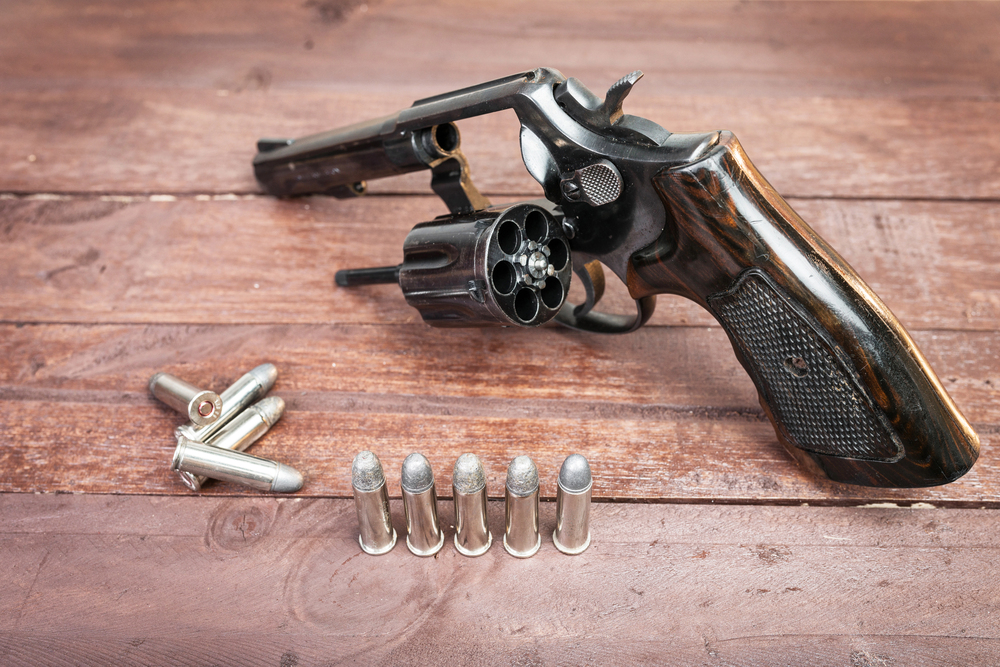
{Read in 5 Minutes} As a Trusts and Estates attorney, I frequently represent Executors and Administrators of Estates. One of the primary responsibilities of an Executor or Administrator is to collect all assets payable to the Estate. The assets are collected into the Estate so that the Executor can distribute them to the ultimate beneficiaries.
Assets come in all varieties. Sometimes, there is real property, occasionally intellectual property, and tangible personal property. What happens when, among the tangible personal property in the home of a deceased New Yorker, there is a firearm such as a gun, pistol, or rifle?
Well, on paper, a firearm is an asset just like any other. It is an asset that a person can leave to a named beneficiary in their Will, or the Executor can sell it. If nobody wants the firearm, there are other available options. As a New Yorker who practices in Manhattan, it likely comes as no surprise that many of my clients do not own firearms.
However, there is a tiny percentage that does, and these laws apply to people statewide. One may find a higher incidence of firearm ownership in suburban or rural counties than in the five boroughs. What are some things that an Executor or Administrator needs to consider if there is a firearm among the deceased possessions?
First, the Executor or Administrator must report the firearm to the New York State authorities. They do this by filling out a form required by both the Surrogate’s Court and the New York State Division of Criminal Justice Services that identifies the firearm and states what is going to happen to it. The Executor or Administrator will list the type of firearm(s) and the serial number(s) and declare what will happen to it. Is it going to be sold? Is it going to a named beneficiary? Will it be surrendered to the police department, etc.? The state and the Courts require that Executors and Administrators complete this form. And believe me, the state will follow up if they do not file it.
Sometimes, interesting cases arise. For example, once, going back 20-plus years, I represented the Executor of an Estate, and, among the assets of the Estate, was a firearm. It was a 19th-century pistol, and it was completely inoperable. It was mounted on a plaque and framed. More as a historical curio than as something that one would use for protection. (If someone invaded this person’s home, the homeowner would be better off defending themselves by throwing this inoperable firearm at the perpetrator than attempting to get it to fire a live round). The deceased left this firearm to his daughter, who lived in the UK. It was challenging to ship this item, both on the US and the UK side. The post office does not ship firearms, and neither do most private courier services, such as FedEx or UPS. They don’t care that it’s not an operable firearm. It’s just not allowed. It required a lot of searching, and eventually, we found a bonded company that specializes in this. The irony is that the beneficiary received it, looked at it, and didn’t even want it, so she called the firm to inform us that she had thrown it in the trash! We had a good chuckle.
Sometimes, people die owning firearms, and the beneficiaries do not want them. In that case, what most people do is contact the local police precinct and identify that they have firearms in their possession that they wish to surrender to the police. The caller would identify them as the Executor or Administrator of the Estate who wants to surrender these firearms. There is a procedure that involves the police taking custody of them and issuing a receipt to the Executor or Administrator, showing that they have surrendered the firearm and/or any ammunition.
By the way, I’ve had this happen several times over the years, both with firearms that were legally registered and those that were not. The NYPD accepted them all without question.
Finally, if the firearm is to be retained by the beneficiary, that beneficiary may need to register the gun in their own name. The amount of regulation on the beneficiary taking possession of the firearm varies from state to state. For more information on this topic, please contact me.
